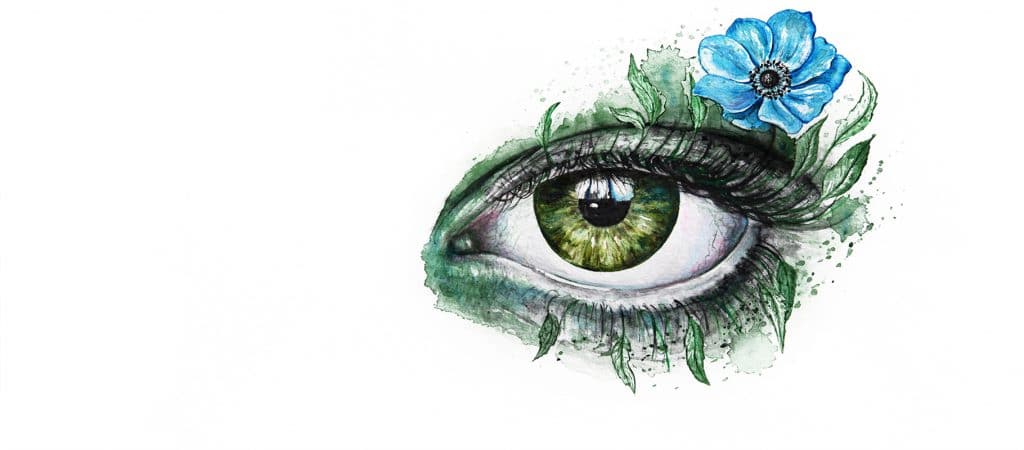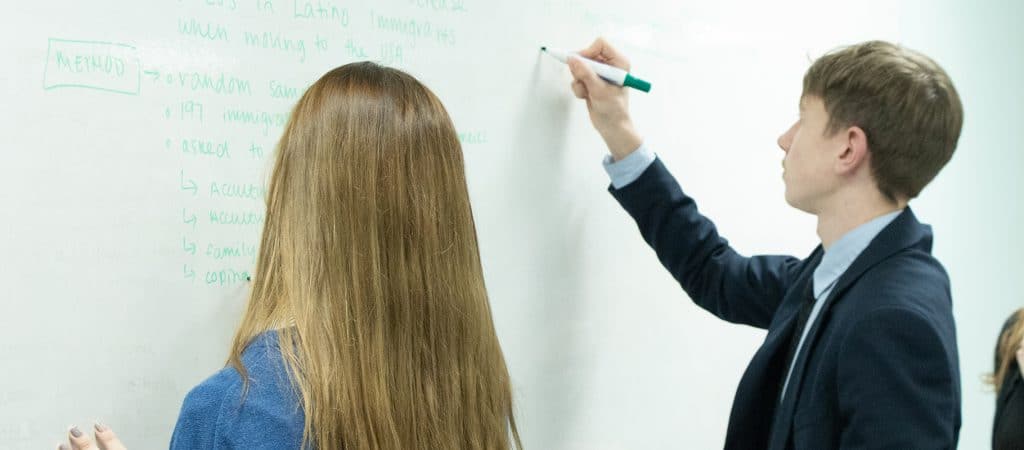THE VALUE OF ARTISTIC SUBJECTS: SHOULD BRADFIELD OFFER MORE OF THESE?
Maryam (I)
Gillian Lynne, viewed as a problem student from a very early age with a potential learning difficulty due to her inability to sit still and concentrate, caused her troubled mother to seek a medical explanation for Gillian’s constant fidgeting and lack of focus. The doctor, suggesting they speak privately, turned the radio on and left young Gillian alone in the music-filled room and she began to dance.
“Gillian’s not sick,” suggested the doctor observing Gillian through the window. “She’s a dancer.”
Now, at the age of 92, Gillian Lynne, having established a long career in ballet, dance and choreography, with some of her most successful performances in Andrew Lloyd Webber’s Cats and The Phantom of the Opera, had been all but written off by her school as a student with behavioural and learning problems as opposed to being recognised for her extraordinary talent and dancing skills.
This common misconception associated with the Arts subjects, inferring their minor importance, has resulted in a significant decline in the role of Arts subjects in the curriculum in recent years. According to some major studies carried out by The Tate and BBC, GCSE and A Level entries for Music and Drama between 2010 and 2018 have declined by 15% and 38%, respectively, while a significant nine out of ten secondary schools have cut back on staff, facilities or lesson time for Creative Arts subjects. Analysing the data and assessing it in relation to other evidence and figures has proven that the increasing value of the core academic subjects and their alleged interconnection with a higher success rate has been one of the principal reasons behind the arts education crisis.
The declining Arts sector has influenced a trail of events leading to a potential risk to the vibrancy and creativity of our society. As well as endangering the future, statistics have shown a direct correlation between the decreasing Arts sector and the happiness of secondary school pupils, implying that a change in our approach to the academic system will have a notable effect on the mental health of both present and future generations. Moreover, Creative Arts subjects assist the development of emotional intelligence and crucial life skills, requiring students to employ their critical thinking, dedication, independence and courage, as well as teaching them to expose their creations and accept criticism. The broadness of Arts is an aspect that allows it to include students that struggle with the traditional subjects and provide them with an opportunity to find themselves and thrive. Finally, as a contradiction to the stereotypical belief of academics being intertwined with a high success rate, some employers have indicated that they prefer Art students to academic subject students. Even the founder of the technology giant Apple, Steve Jobs, attributed his success to the artists and musicians rather than the computer geeks working at his company.
Even though Bradfield has a sufficiently broad selection of Arts subjects, there are still some that have been abandoned or aren’t considered notable enough for the official title of a subject. This minority includes some major interests amongst the talented and creative pupil community of Bradfield, which, if not taken care of and supported, might eventually cease to exist. To illustrate, Dance is one of the preferred creative co-curricular activities at the school, with well over 50 pupils involved in either private or group dance lessons of some kind, accounting for around a tenth of the total pupil body. The interest in and dedication to the subject can be demonstrated by the 2020 Dance Show, with over 40 performers all showcasing the “hard work put in over a number of months…with superb direction and choreography” (taken from the Bradfield College website). Lottie (I), an aspiring Street and Jazz style dancer, has told us about her experience. “As a person who’s been dancing my whole life, I thoroughly enjoy Dance here. However, I think it’s definitely a shame that it isn’t a GCSE or A Level subject,” adding that, “After seeing pupils perform at the Dance show and in my classes, I think it is definitely a subject these pupils would very much enjoy.”
Another example of Bradfield’s arguable loss of the vivacity and uniqueness of its community can be demonstrated by the removal of Textiles as an offering. Unlike Art or Photography, Textiles allowed talented individuals to focus on fashion and design, with some very exciting events, such as fashion shows and exhibitions arising from the subject. Marc Holmes, Director of Art and Design, observed the importance of the subject back in its day. “It would be great to offer Textiles again. People who liked fashion, as opposed to drawing and painting, did that course,” pinpointing the importance behind having an abundant selection of arts subjects.
This wide range of strong opinions demonstrating the keen interest of the Bradfield pupil and teaching body towards the Arts subjects showcases the value of creativity and freedom of choice the pupils aspire to have at the College. Limiting the Arts subjects to a narrow selection will negatively impact the pupils’ fulfilment of their own goals and ambitions. To conclude, in the words of Sir Ken Robinson, FRSA educationalist, “Schools kill creativity. We don’t grow into [it], we grow out of it. Or rather we get educated out of it.” Let’s hope Bradfield doesn’t join the list of schools lost to the persuasive powers of the stereotypical beliefs of success and academia, and rather prioritises the pupils’ happiness and prosperity in the multitude of Creative Arts subjects, potentially giving rise to future Gillian Lynnes.





